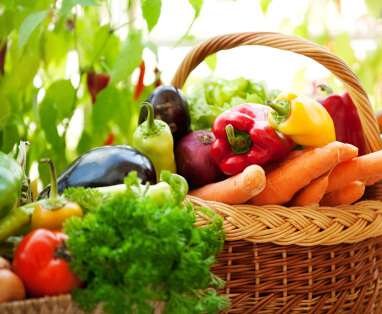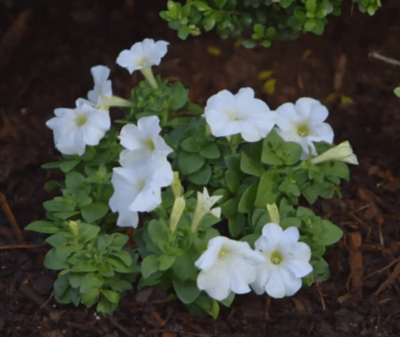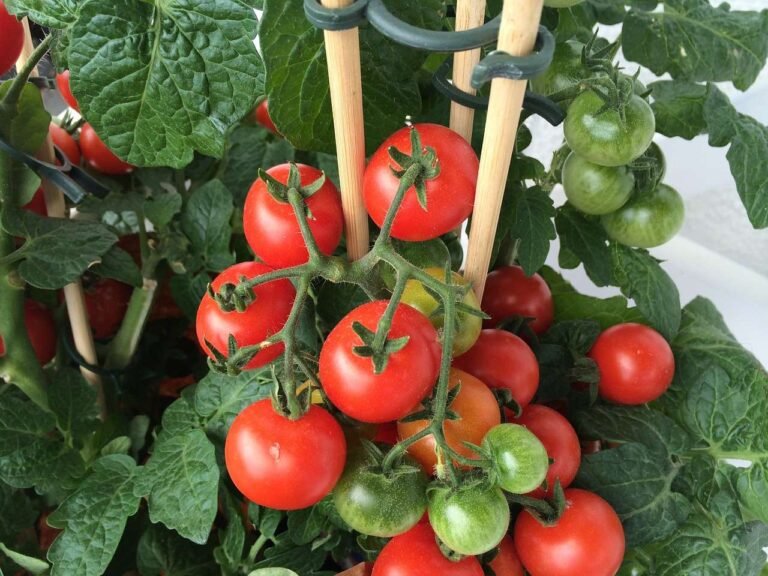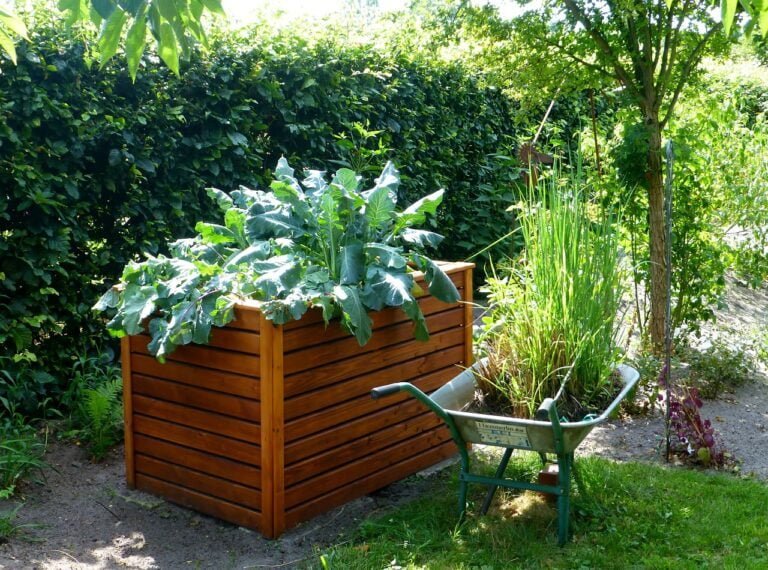Organic Gardening

Benefits of Organic Gardening
Organic gardening is the usage of organic materials for building up the soil and adding needed nutrients for good plant growth. Using organic matter adds desirable benefits needed in a garden. It improves the condition by providing better aeration and controlling temperatures. Organic garden soil helps in holding water and proper nutrients. Organic matter keeps the soil from having any chemical imbalances by maintaining a continuous supply of plant nutrients naturally.
Definition of Organic Matter
Organic matter is basically the remains of plants and animals. Organics consist mainly in the form of animal manures, green plant manures, compost, and mixed organic garden fertilizer. Most commonly used animal-based products in organic gardens are cow manure, blood meal, and fish emulsions. Green manures are derived from plants like ground-up plant products or whole plants. Green plants used in manure are good for improving soil conditions.
Organic garden soil made from combining composted yard waste with materials such as animal manure or green manure is recommended for adding nutrients to the soil.
Organic Garden Fertilizer, Soil
With the continuing rise of “Green Living” in today’s world why not apply it to our landscape? Environmentalists encourage the usage of organic garden fertilizer over synthetic chemicals. Organic gardens using natural mineral supplements help our ecosystem. To achieve success in a garden the natural way, fertilizing and improving the soil by organic gardening, is a way to be nature friendly.
Making Compost for Organic Gardens
There are different ways to make a compost pile and bin. An experienced organic gardener that has been making compost, has proven ways for construction and systems to manage them. A simple ideal compost pile can be made easily for the home.
Making a small compost pile measuring 3 ‘ x 3 ‘ x 3 ‘ ( 1 cubic yard ) can be made called a “compost unit.” To build a larger pile just put together several units into one bin. Build a bin making sides from lumber that is “rot-resistant,” concrete blocks, wire or other durable material. Local county extension services do offer plans for help in building a bin for organic gardening.
Make successive 12 inch thick layers using plant waste such as leaves, lawn clippings, shredded branches or wood chips. Mix one cup of dolomite, one cup of all-purpose fertilizer and distribute onto each layer. Moisten each layer after distributing mix and then keep moist at all times. Wait until three to four weeks and then thoroughly mix the compost pile. Continue mixing for every week thereafter. Compost should be ready to use in two to twelve months, or when compost parts have completely decomposed.
Organic Garden Fertilizer
Applying animal manure and compost in soil is the base for making organic gardens. Prior to planting a garden, it is important to Mix animal manure and compost together Before applying it to the soil. Mix the two together at a one to one ratio ( one part manure to one part compost ) to make organic garden fertilizer. If Compost from yard waste is Used Alone plants will be stunted, hurting their growth.
An easy way to mix manure and compost together is by using a wheel barrel. At the compost bin site using a shovel place one scoop of manure and one scoop of compost in wheel barrel at a time. Then mix together very thoroughly.
Transport mixed material to planting site and dump in garden area. Spread mix in soil within bedding area to a depth of six inches. Use the shovel to churn mix and soil together, using a garden rake level and grade site for proper drainage. Wait seven days after applying mix before planting organic gardens.
The best animal manure to use for organic gardening is cow manure. It is sold at garden centers or nurseries usually in 40 to 50-pound bags. Which makes it easier to bring it to the compost bin site for mixing. The size of the planting site will determine how many bags to use. Information should be listed on the label on how much to use on planting area.
Conclusion
Organic gardens are found more and more in today’s landscapes. By recycling yard waste as compost, using organic fertilizer instead of synthetic chemicals, we can improve our soil, feed our garden, and help in achieving a green planet. Not only will you have successful healthy plants, organic gardening helps the environment. A garden with organic garden soil is a natural way of “Going Green Living.”






